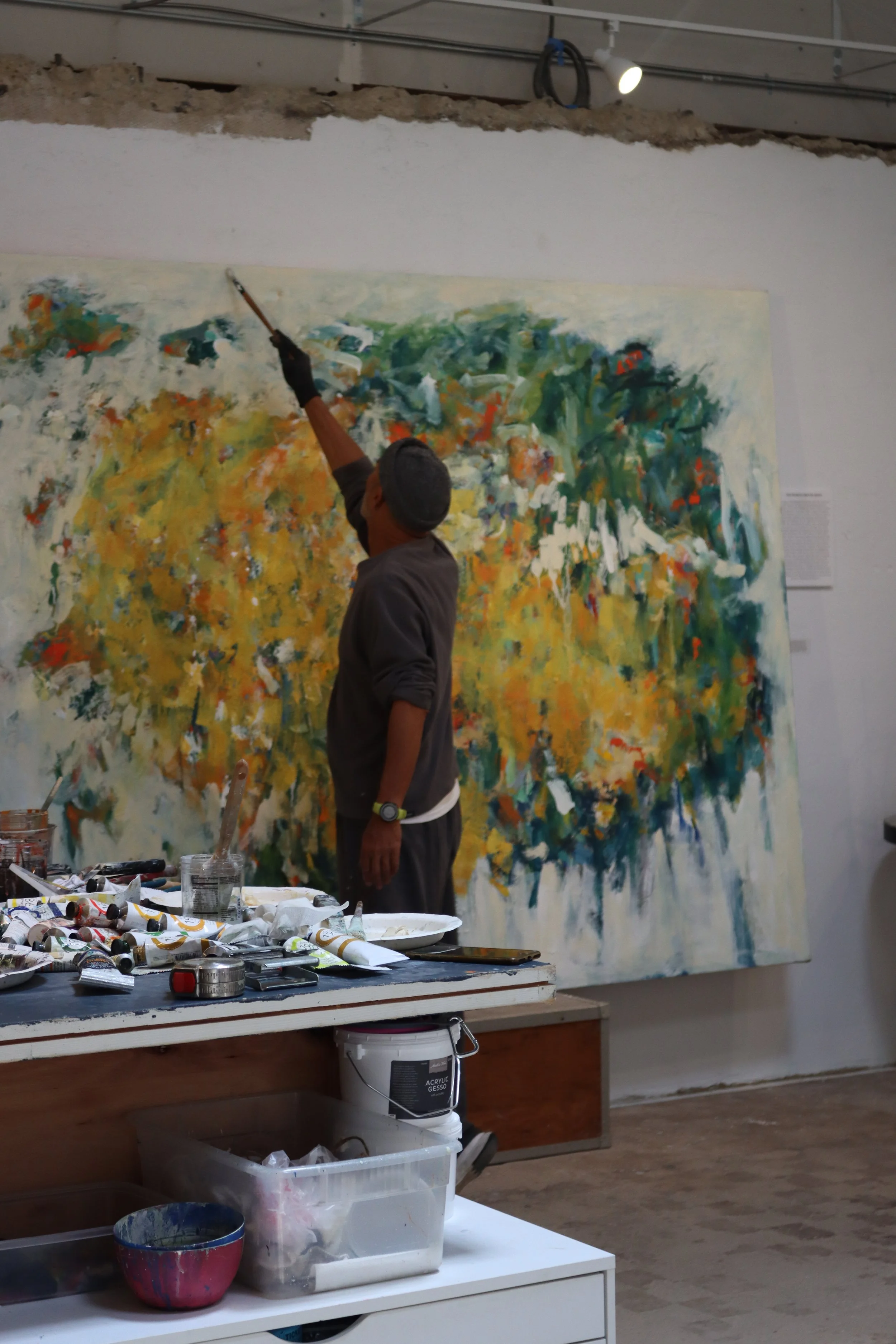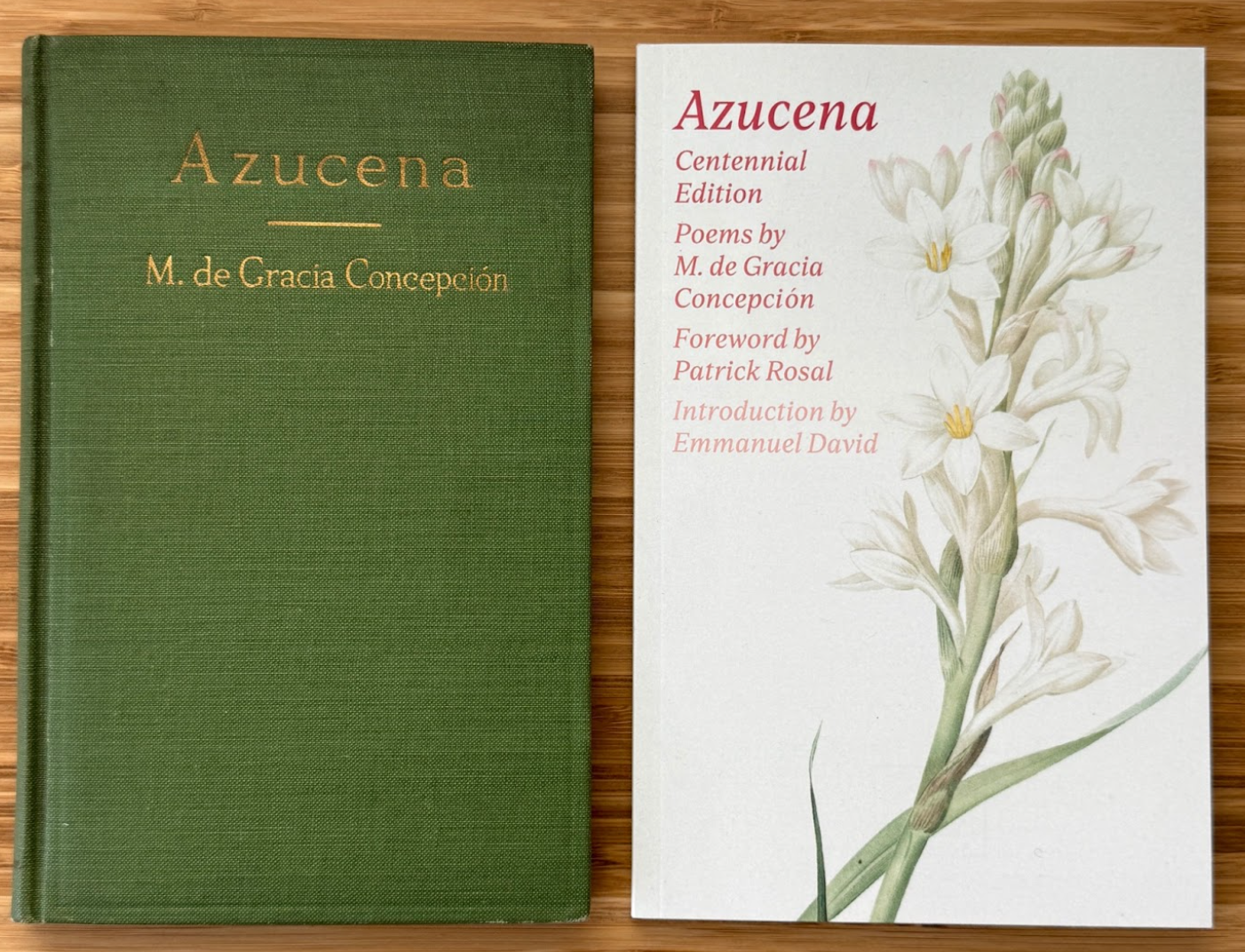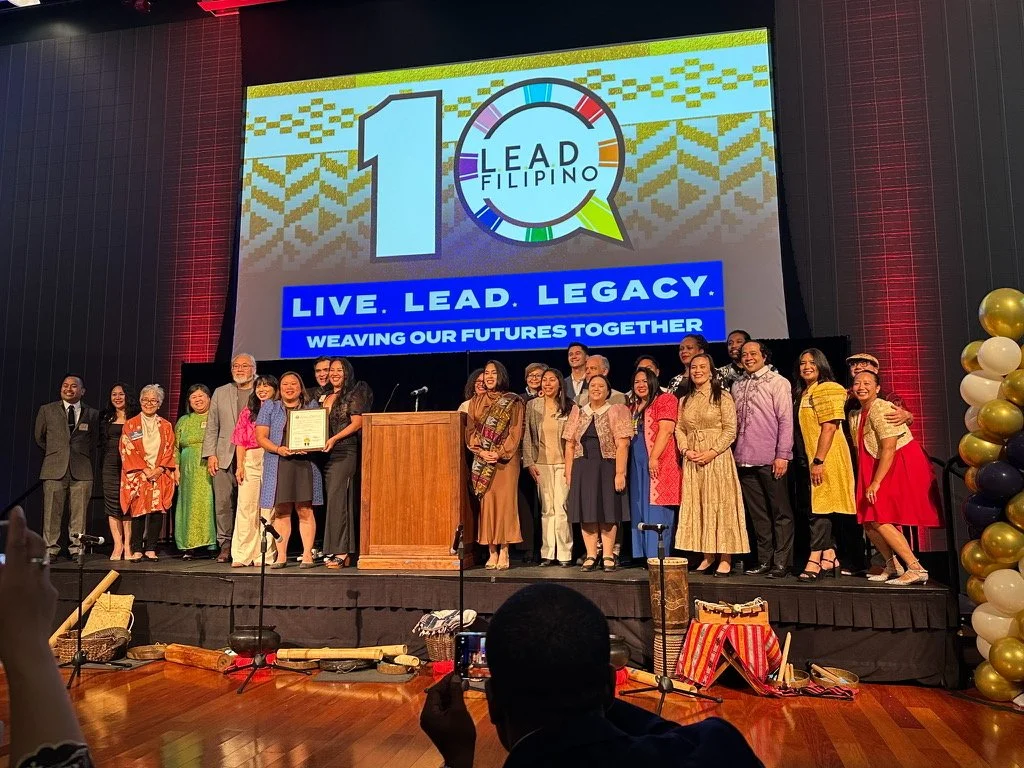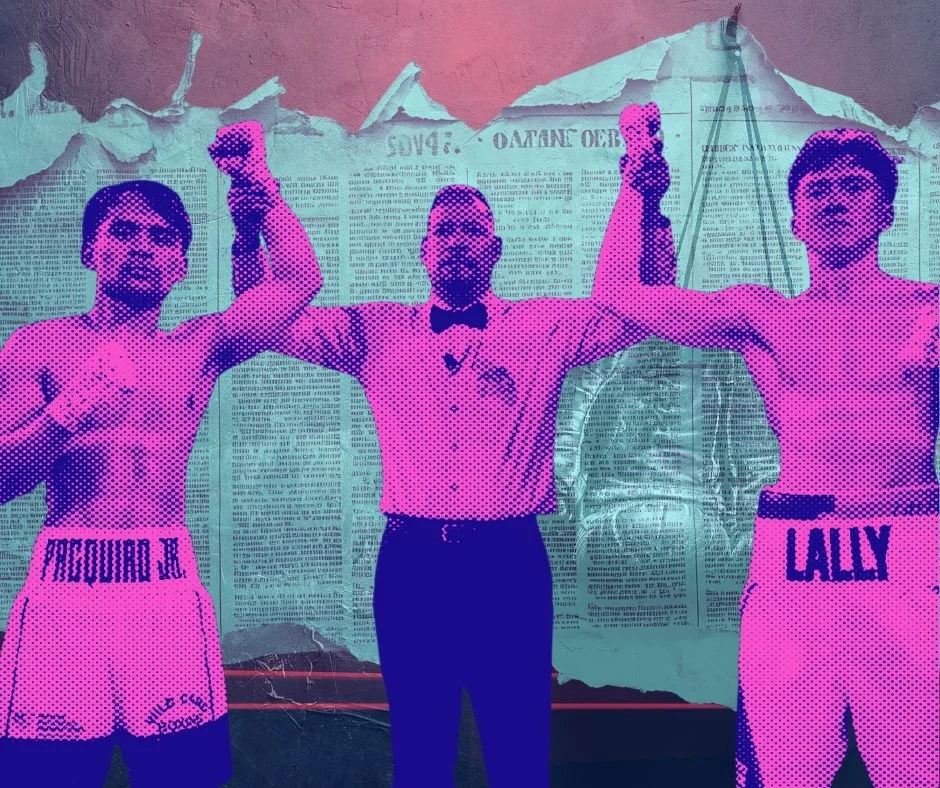What My Mom’s Death Taught Me About Filipino Family Drama, Inheritance Fights, and the Silence That Keeps Us from Healing
Written By Jennifer Redondo
May 8, 2025
This is the hardest thing I’ve ever written. Not because I don’t know what to say, but because it’s super personal and I’m writing from a place of deep grief. My mom recently passed away, and while I’m still healing from that loss, I’ve also been trying to come to terms with the painful ways my family let me down during the hardest season of my life.
But what I realized what sparked this reflection wasn’t just grief. It was betrayal.
My mom spent the last years of her life fighting stage 4 cancer. At the same time, she was quietly carrying a heartbreak that ran just as deep: her own sister and nephew had manipulated legal documents in the Philippines to take sole ownership of their ancestral home. My mother never signed those papers. But in her weakened state, devastation and disappointment, she couldn’t fight back. While my mother was never opposed to the family eventually inheriting the home, it devastated her to know that her sister and her sister’s family had gone to such fraudulent lengths behind her back while she was still alive.
The two never spoke again.
In the end, my mother passed without ever getting the chance to say goodbye. That loss, paired with the silence, the greed and the denial-pushed me to see this not just as a personal tragedy, but a reflection of something bigger and much deeper.
Despite years of no contact, I offered my mother's sister and her family a final chance to see Mom before she passed. It was only after her death that they suddenly appeared, eager to attend the funeral. This felt disingenuous, and their presence was solely for optics, to create the illusion of a "united, supportive, and loving family" for others to see.
These kinds of betrayals aren’t rare. They’re common. Property disputes, jealousy, manipulation, and family fractures tied to inheritance are woven into the fabric of too many Filipino families. And it made me ask: Why does this keep happening in Filipino families? What are the toxic cultural patterns we haven’t yet unlearned?
There’s a quote I found on Instagram that stopped me in my tracks. It read:
“The lack of empathy was the closure.
The lack of respect was the closure.
The lack of safety was the closure.
The lack of remorse was the closure.
The lack of care was the closure.
The lack of accountability was the closure.
The lack of honesty was the closure.
The lack of closure was the closure.”
Those words hit a nerve. For a long time, I was waiting for miracles to happen – hoping for an apology that I knew would never ever come. I was waiting for someone in my family to own what they did or didn’t do. But that day never came. I realized that waiting for closure from people who have no intention of offering it will only break you more. So instead of carrying the weight of that expectation, I chose to begin healing on my own terms. I chose to let go. And I chose to start asking myself better questions, like: What kind of legacy do I want to pass on? What can I do now to break the patterns that caused so much pain?
For me, it begins with naming and unlearning toxic family traits that too many of us accept as cultural norms. I don’t believe all Filipino families are like this. But I know I’m not the only one who has experienced the darker side of “family first.” We need to stop pretending everything is okay when it’s not. If family is sacred, then we should treat each other with care, not silence, shame, or manipulation.
I’m not here to cancel our culture. I’m here to figure out how we can evolve from it. Here are five Filipino values that I’ve personally had to confront, which we need to carefully reexamine.
1. Utang na Loob
The weight of a favor that turns into lifelong obligation.
My mom was the first in her family to move to the United States in 1968. She opened the door for others to follow. Our home became the landing pad for relatives who needed a place to stay while they figured out their new lives. At one point, eleven people lived with us, rent-free for over 10 years!
My mom never expected anything in return. She did it out of love. And yet, some of those same people would go on to take advantage of her kindness. That’s where the idea of utang na loob gets twisted. It becomes less about gratitude and more about control. It never occurred to me that my mom’s family would treat us this way, considering all she had selflessly given and done for them. I had hoped for their gratitude, not their greed. Perhaps the fundamental problem was having any expectations at all.
We have to ask ourselves: Are we giving with a pure heart, or are we expecting power in return? Helping family should come from a place of love, not leverage.
2. Bawal Mangatuwiran
The expectation that you never question your elders.
We are raised to believe that disagreeing with an elder is disrespectful. Even when they’re wrong. Even when they hurt you. You’re still expected to apologize, simply because you’re younger. I had a painful falling out with an elder in my family. It shook me. I spoke up, and it didn’t go over well. In fact, my elder became physical. It was scary, but even more hurtful knowing that he was willing to hurt me. I wasn’t proud of the way it escalated, but I also wasn’t wrong for standing my ground. I realized that respect goes both ways. You can honor someone’s age without surrendering your voice.
The truth is, the next generation sees things differently. We’re more comfortable with nuance. We value accountability, not silence. That doesn’t make us disrespectful. It makes us honest. And honesty, when done with care, is its own form of respect.
3. Utak Talangka
The need to pull others down so you can feel higher.
Crab mentality shows up in many ways, but it’s most visible in how we compare ourselves to others. Growing up, I constantly heard comparisons. Why couldn’t I be more like this cousin? Or that friend’s daughter?
In my family, jealousy was never far from the surface. Whether it was over land, designer handbags, or perceived status, someone always wanted to be seen as better. Sometimes it wasn’t even about wanting more. It was about making sure others had less. We need to move from competition to celebration. There is enough room for all of us to succeed. The joy multiplies when we root for each other.
In my family’s situation, I asked myself, how did we even get here? My mom came to the United States for a better future for herself and family. She definitely built that, only to have it crumble in front of her own eyes. Coming from humble beginnings, I just don’t understand how my mom’s sister and her family could let greed take over, to the point where they were willing to sabotage and destroy our family? Is the pursuit of material wealth – homes, land, designer goods, and luxury vehicles – a consequence of overcoming hardship, leading to a sense of superiority? This craving for possessions can become an insatiable addiction, where the ends justify the means, regardless of ethical implications. This mindset is deeply toxic.
4. Pagtatampo
The silent treatment as punishment.
When Filipinos feel hurt, they often don’t speak up. They withdraw. They expect you to notice. And if you don’t, you become the bad guy. After setting boundaries with relatives who repeatedly disrespected my family, I was ghosted and blamed. I was accused of creating distance, when in truth I had just drawn a line. I had to choose peace over obligation. That meant stepping away from people who refused to understand or meet me halfway.
Setting boundaries is not rejection. It’s protection. I no longer attend family gatherings that come with hidden agendas or emotional landmines. I no longer explain myself to people committed to misunderstanding me.
My circle is smaller now, but it’s peaceful. That peace is worth everything.
5. Umiiwas sa Kahihiyan
The obsession with saving face, even at the cost of relationships.
In the Filipino community, appearances matter. Sometimes too much. We hide dysfunction. We pretend. We smile through betrayal. We tell ourselves it’s for the good of the family, but often it’s just to avoid shame.
When my mom passed, some relatives spread false stories to explain their absence at her funeral. And they sure didn’t expose what they did or why they weren’t present for the last few years of mom’s life. They claimed we hadn’t invited them to the funeral. One even said we threatened to call the police. None of it was true. It was easier for them to lie than to face their own guilt.
Yet, they still managed to make it about them! On the same day as mom’s funeral and celebration of life, they held their own memorial without telling us. The people who couldn’t attend the actual funeral had no problem showing up for the one that made them look good. That’s not about honoring the dead. That’s about salvaging reputation. We need to stop caring more about what the neighbors think than what our own family is going through. Real healing requires truth, not performance.
I didn’t inherit property. I didn’t inherit money. I inherited trauma. And I’ve had to work hard-through therapy, prayer, and a lot of reflection, to begin letting that go. Throughout it all, I’ve always made it loud and clear that I was never after the land, house, money or power. None of that matters to me. My concern has always been with how family treats one another – with love, support and respect.
Mental health is still taboo in many Filipino households. I remember my mom asking me, “Are you depressed?” when I started therapy. It wasn’t judgment. It was genuine confusion. We have to normalize getting help. We have to be open and honest, talk about our pain, not hide it.
The truth is, I’m still healing. But I’ve learned that letting go doesn’t mean forgetting. It means choosing peace over resentment. It means choosing growth over guilt. It means choosing yourself — not out of selfishness, but out of survival.
If we want a better future for our children, our nieces, our nephews, then we have to start now. We have to be the ones to say, “This ends with me.” Let’s be the generation that passes down honesty, not silence. Respect, not power. Boundaries, not bitterness. Love, not control. Progress, not perfection.
That, to me, is what real family looks like.
Written By Jennifer Redondo
Co-Founder and Co-Author of In Her Purpose


























When the Avengers: Doomsday one-year countdown dropped, audiences didn’t just watch. They paused, replayed, shared, and even speculated about hidden messages. A week later, the clip surpassed 14 million views, becoming a viral moment picked up across major media outlets that fueled anticipation for the next chapter of the Marvel Universe.
The countdown video was the result of a collaborative effort led by AGBO and its studio partners. Supporting the marketing team as a contracted editor was Joshua Ortiz (@joshuajortiz), a Filipino American filmmaker whose career has steadily built toward opportunities to contribute to projects of this scale, alongside earlier success with the short films he has written and directed.